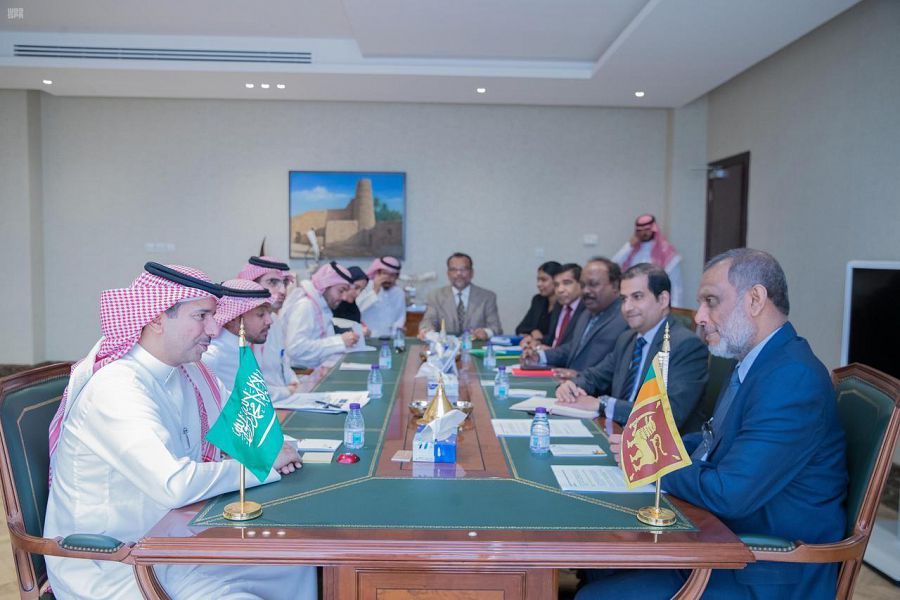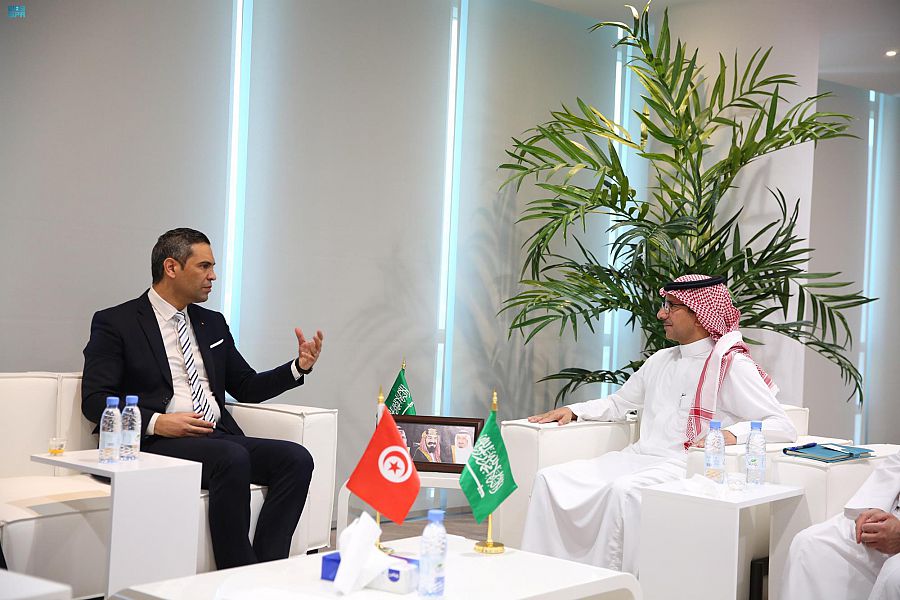
Saudi Deputy Minister of Labor and Social Development Dr. Tamader bint Yousef Al-Rammah addressed thousands of women participating in the Sixty-Second Session of the United Nations Commission on the Status of Women (CSW 62) in New York, stating that the political leadership in the Kingdom was convinced that women’s work “is a right and a necessity dictated by the conditions of life.”
She also pointed to Vision 2030 as a strategic goal that supports women’s economic empowerment and increase their participation in the labor market.
The Saudi minister delivered a speech highlighting the Kingdom’s achievements within Vision 2030, which she said was based on three main axes: a vital society, a prosperous economy and an ambitious homeland.
She noted that according to Vision 2030, “Saudi women are an important element of our strength.”
“We will continue to develop their talents, invest their energies and enable them to have the right opportunities to build their future and contribute to the development of our society and economy,” Al-Rammah stressed.
She also emphasized that Saudi women “have proved their competency and ability to perform their role in various fields, and participated in the membership of the Shura Council and municipal councils, and held senior positions in the government and the private sector.”
“The National Transformation Program 2020 has 36 strategic objectives that support the economic empowerment of women and increase their participation in the labor market,” Al-Rammah said, adding that the program “also focuses on empowering women through the social services system, in addition to encouraging voluntary work and supporting the growth of the non-profit sector.”
In this regard, the Saudi Permanent Representative to the United Nations, Abdullah bin Yehya Al-Muallimi told Asharq Al-Awsat that the Kingdom was now witnessing “a golden age of empowering women at the social, economic and political levels.”
He explained that bolstering women’s role in the society was not only limited to giving them the right to drive and to attend football matches, but also extends to economic and scientific empowerment.







